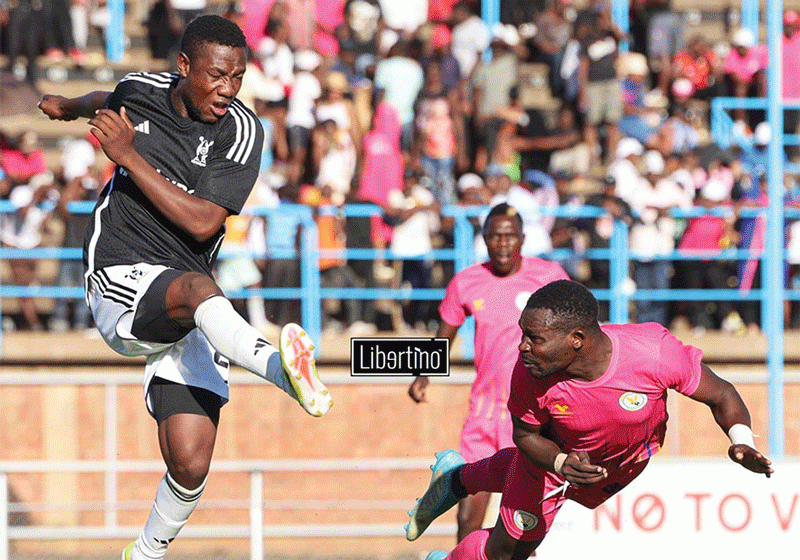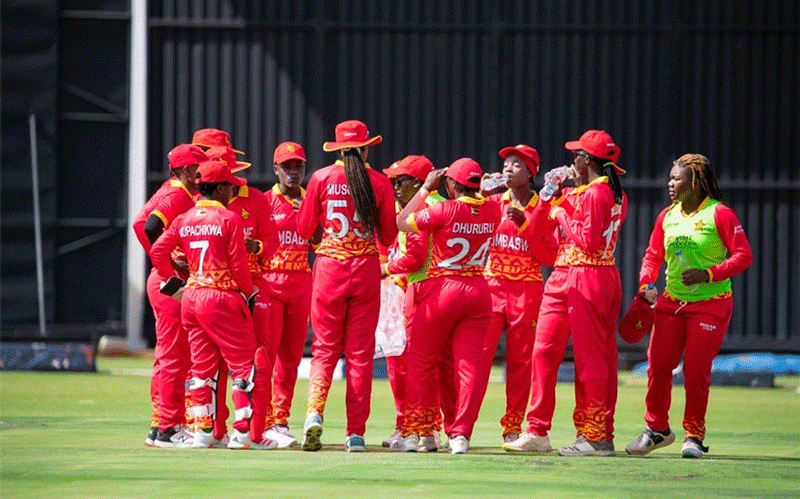
This year’s FIFA Club World Cup will either be looked back on one as of the last before the beginning of something new and exciting, or the penultimate curtain call on a tournament that could never truly excel on a global level. This tournament will signal the second last installation of the competition under the current format, transitioning from a seven to a twenty-four-team tournament in 2021. In theory, the competition makes so much sense – take the best team from each continent and have them battle it out on a world stage. Yet for some reason, the FIFA Club World Cup has never quite been able to break through as an important piece of silverware.
There are a multitude of problems facing the competition. It takes place in December, which is a busy period for most European clubs, especially English teams who are often the European representative at the tournament. This year’s event is the perfect example, with Liverpool, the current champions of Europe, having to play two matches in two different continents in less than 48 hours. And while Jurgen Klopp has chosen to take a full strength squad to compete in Qatar, this year’s hosts, and leave a second string side on English soil to take on Aston Villa in the Carabao Cup, it can’t help but feel like a disruption to an already jam-packed domestic campaign. As well as this, any kind of interest really only kicks in at the semi-final stage, when the winners of the previous year’s Champions League enter the competition. The European side always find themselves in a strange kind of no man’s land, ignored if they do, doomed if they don’t. They are expected to win and therefore receive little accolade upon doing so. However, if they ultimately lose the competition, it is not seen as proof of the worldwide strength of football, but instead, an opportunity to point and laugh at the European side for travelling all that way in the middle of a busy season and returning home empty handed.
And so, FIFA have finally decided to try and do something about it and 2021 will see the first instalment of a revamped Club World Cup. Gianni Infantino, the man responsible for the recent transition of the World Cup to a 48-team tournament, has decided to attack the club version in a similar vein. The updated version will see eight groups of three sides, with each of the group winners moving through to the knock-out stages. Again, this new format sounds like an interesting watch, and perhaps its greatest asset will be the fact that it will take place in the summer. This new plan does not come without its problems though. For example, some European sides have expressed concerns about burnout, especially with UEFA planning their own expansion of the Champions League in the future, with some sides having already suggested they will boycott the new tournament if invited.
This was also going to impact the Africa Cup of Nations, that, just up to a month ago, was also scheduled to take place in the summer, which would have caused a logistics nightmare for players; first of all, because some players would have potentially needed to play at both competition, and second of all, because players also would have needed to undergo an intense pre-season with their club, in order to prepare for the upcoming domestic campaign. Luckily, CAF recently announced that the dates would be moved to January 9th-February 6th, 2021. The primary reason for this shift, however, seems to be a different one, as CAF cited unfavourable climatic conditions as its reason to move the dates, since June/July is typically the rainy season in Cameroon. In any case, this seems to have solved the problem of the two events clashing with each other, though, this change in dates does create another problem – at least ten Premier League stars including Salah, Mane and Keita, could miss up to six league matches because of AFCON next season.
Perhaps it is safe to say that while it was clear that FIFA had to try and do something to recreate the tournament, it is not to say that there are no risks or downsides involved. For now, we cannot be sure what will happen to the FIFA Club World Cup in the long-term. If Liverpool are to win the tournament for the first time at the recently redeveloped Khalifa International Stadium, they will either be one of the last winners of the tournament before it becomes one of football’s biggest show-pieces or one of the last winners before the tournament is finally laid to rest, alongside other failed competitions such as the UEFA Intertoto Cup and the FIFA Confederations Cup.
- Chamisa under fire over US$120K donation
- Mavhunga puts DeMbare into Chibuku quarterfinals
- Pension funds bet on Cabora Bassa oilfields
- Councils defy govt fire tender directive
Keep Reading











